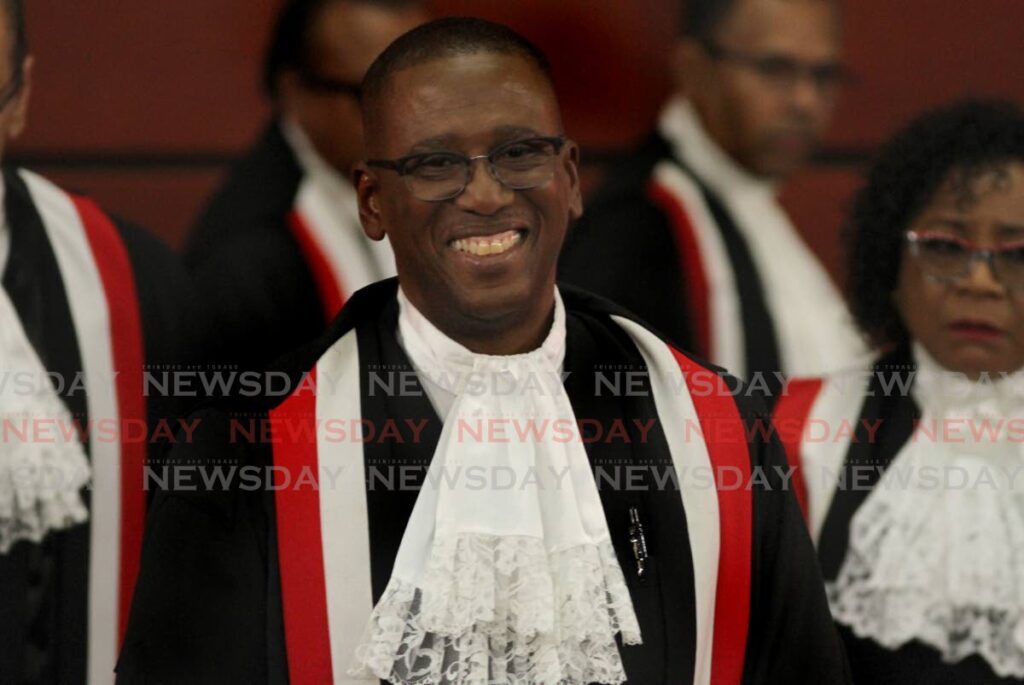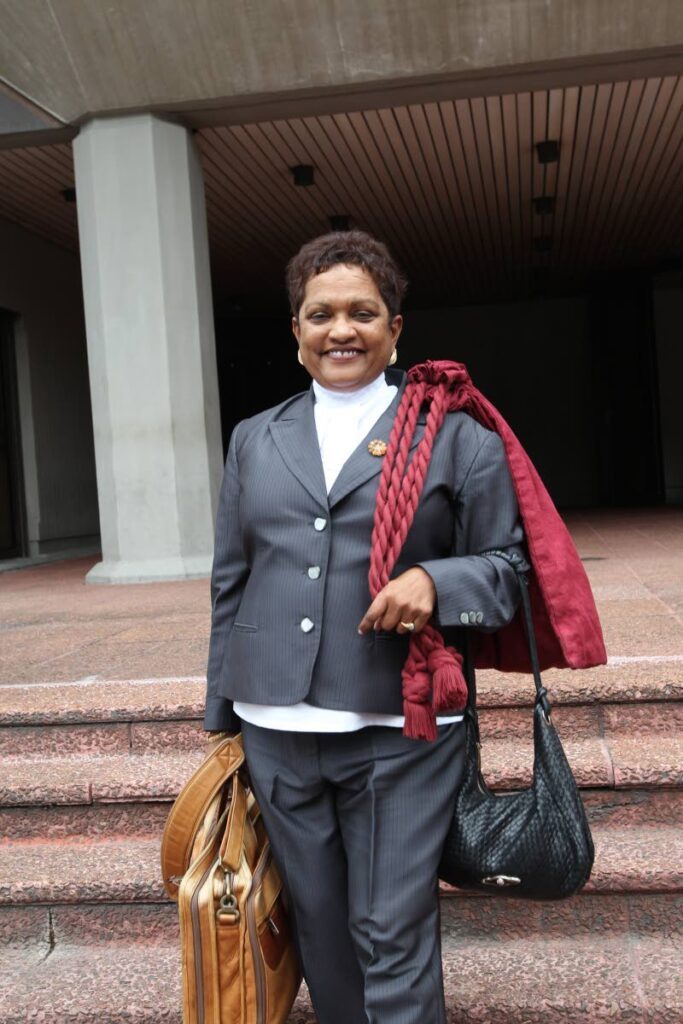Judiciary issues directions, not new rules, for court records

THE JUDICIARY is justifying the issuance of practice directions for records of court proceedings, saying they are not "new rules," but "lay out clearly" the relevant sections of the law and their effect on how the Judiciary now works.
The Judiciary's full-page press statement on May 22 was in response to a Newsday article on May 19 on the implementation of new practice directions by the Chief Justice for the records of court proceedings.
The practice directions were issued on May 17 and published in the Gazette. The practice directions provide for filing an indictment electronically using the Judiciary’s online portal (SWIF). They took effect on May 20.
The Judiciary’s statement came after Director of Public Prosecutions (DPP) Roger Gaspard, SC, issued a release on the case of the 2014 murder of Senior Counsel Dana Seetahal.
Gaspard said if he had used the electronic version of the committal bundle sent to his office by the Port of Spain District Court to file an indictment in the case of Seetahal's murder, it would have resulted in the case being quashed.
The Judiciary statement said the Chief Justice opted to lay out clearly in a practice direction the relevant sections of the law and their effect on how the Judiciary now works.
“In short, what has been put into practice direction is what is ALREADY provided for in the law. The Electronic Transactions Act, in particular, governs electronic documents in all legislation except what is specifically exempted.
“It therefore governs documents referenced in the Indictable Offences (Preliminary Enquiries) Act (IOPEA).”
The practice directions said when proceedings are recorded electronically using the method used by the Judiciary, the audio-digital or digital audio-visual recording as the source of truth “is the official record.”
“Any text transcript in which the recording may have been reduced into words by any means used by the Judiciary and certified by the person so transcribing is a transcript of the official record.”
The Judiciary said rules of court are not made by the Chief Justice, but by the rules committee of the Supreme Court.
"A practice direction can not (sic) amend a rule. It can only, as this one has, merely lay out details of procedures already provided for in law and rules."
The Judiciary’s statement on May 21 referred to newspaper articles and the DPP’s release, saying “there was no clear understanding by the media or others, including some lawyers,” of the provisions of seven pieces of legislation, which, it said, “must all be read in conjunction.”
Those laws are the Electronic Transactions Act; Evidence Act (as amended); IOPEA; Criminal Procedure Act; Administration of Justice (Indictable Proceedings) Act; Children Act; and Criminal Procedure Rules 2023.
The Judiciary also said it “wishes no ‘tit for tats’ or ‘impasses’ with anyone,” while accusing the media of “obvious relish” in seeking to elevate any different view as it addressed its concerns over media reports on filing indictments for criminal matters.
Legal sources said the practice directions, described as delegated legislation, which governs how proceedings in the courts are conducted, cannot override the provisions of the IOPEA.
Newsday’s sources questioned the need for a practice direction if the Judiciary was of the view that electronic copies could have been used to file indictments for criminal matters predating December 2023.
The Dana Seetahal case
The preliminary enquiry against the ten men accused of murdering Seetahal was completed in July 2020 by then-senior magistrate Indrani Cedeno, but the electronic files were only transmitted in three tranches to the Office of the DPP between December 20, 2023 and January 5, around the same time Cedeno was appointed a High Court judge.
DPP Gaspard said section 25 of the Indictable Offences (Preliminary Enquiry) Act (IOPEA) required that committal bundles be sent to him “without delay” at the end of a preliminary inquiry. There was no explanation from the Judiciary as to why it has taken almost four years to send over the hard-copy documents.

He said it was his duty to keep the bundle until an indictment was filed and then transmit it to the registrar. Gaspard said the bundle comprised originals of the complaints, depositions or statements of witnesses, documentary exhibits, evidence of the accused, warrants of commitment for trial and recognisances of the witnesses.
He maintained the act did not contemplate the DPP's filing a valid indictment based on copies, whether electronic or otherwise.
At least two requests from Newsday for comment from the Judiciary on the DPP’s release were not entertained.


Comments
"Judiciary issues directions, not new rules, for court records"